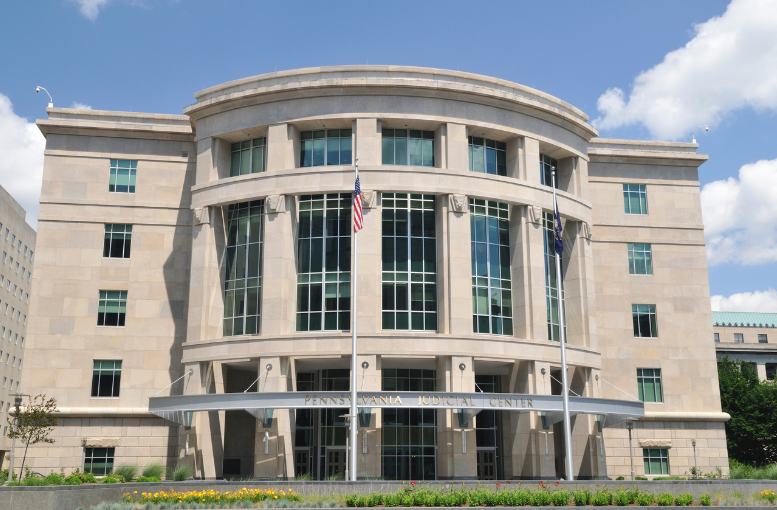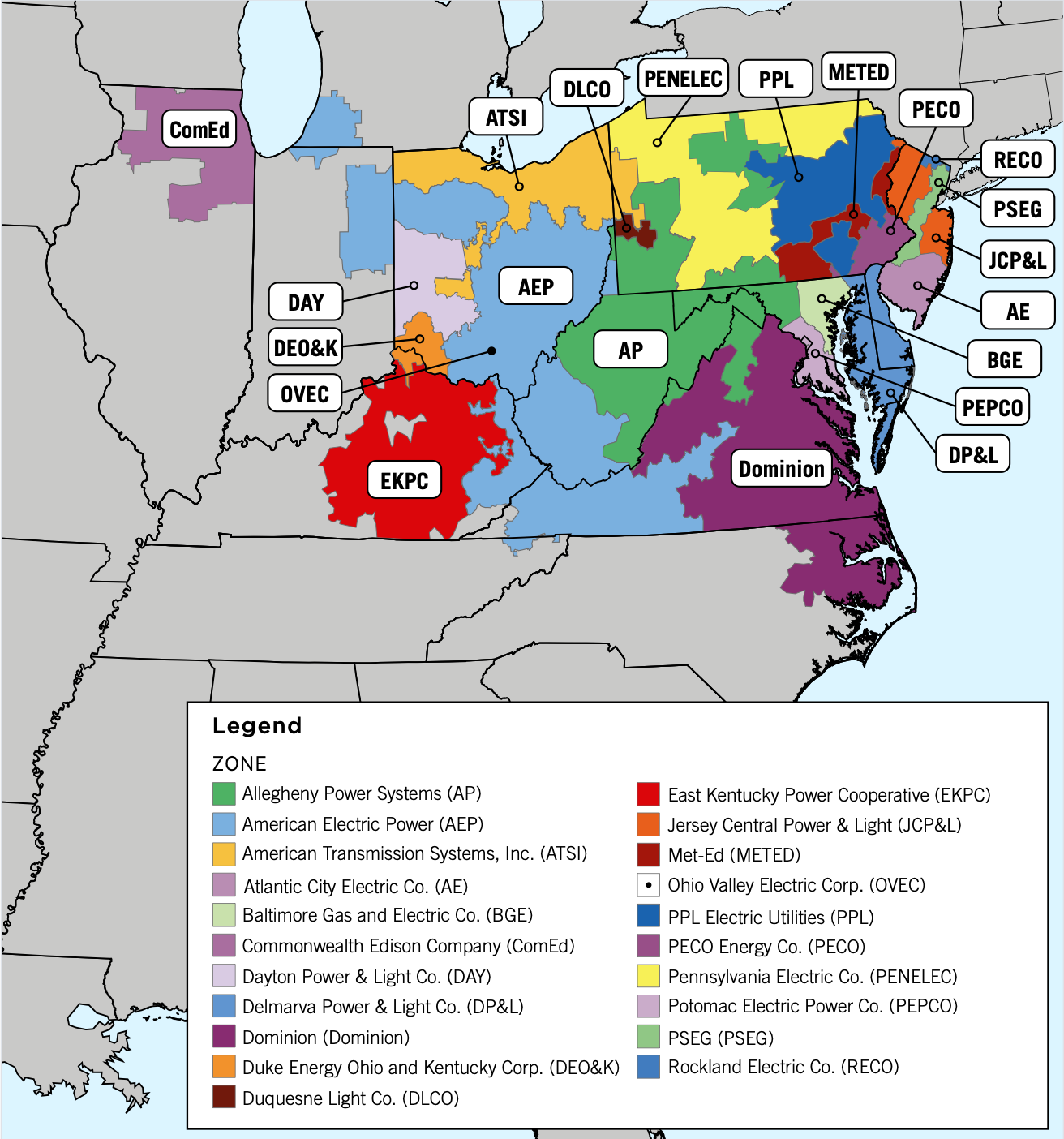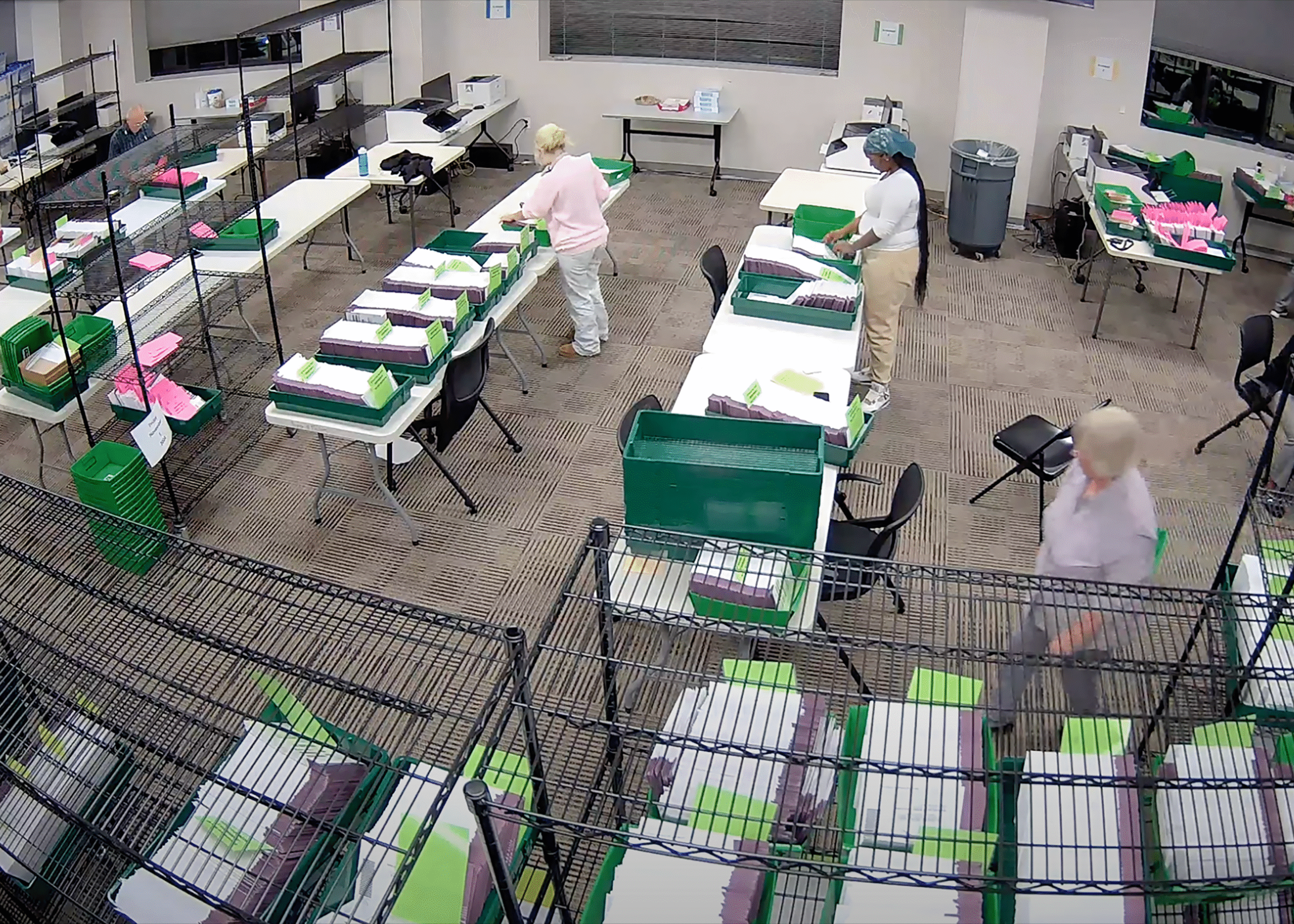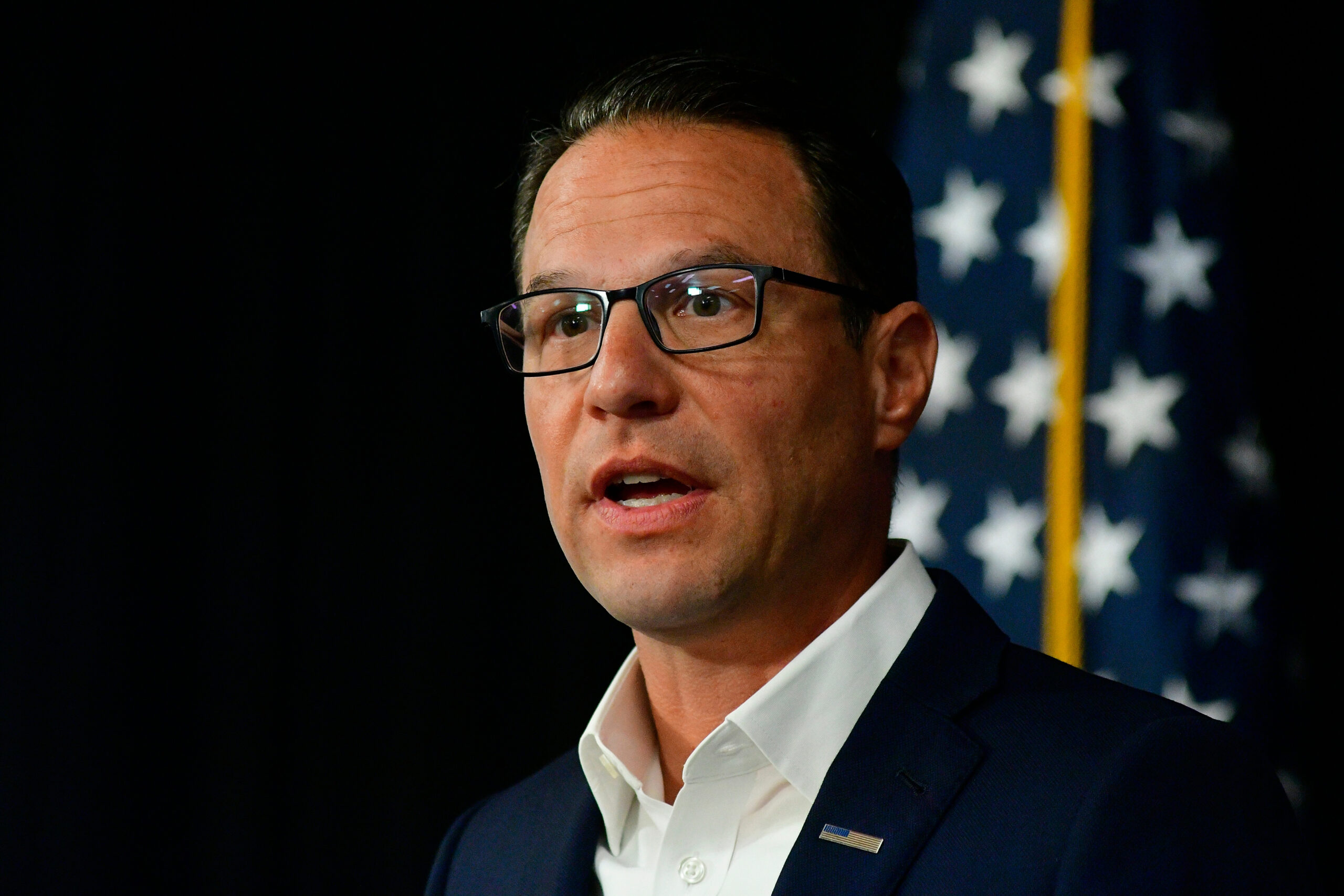Higher Energy Costs Coming?
Do you remember your electric bills increasing at the end of 2024? That rate increase was approved by the Pennsylvania Public Utility Commission (PUC). As summer approaches, Pennsylvanians can almost assuredly expect electric costs to continue to rise for three reasons we’ve identified: the Regional Greenhouse Gas Initiative, PJM Interconnection, and supply shortages with increasing demand.
Regional Greenhouse Gas Initiative (RGGI)
The Regional Greenhouse Gas Initiative (RGGI) is a program entered into by a consortium of northeastern states that auctions carbon credits to electric companies for the right to emit carbon dioxide. All states entered into RGGI did so with legislative approval except one…Pennsylvania!
Former Gov. Tom Wolf used his executive powers to enter us into the program without passing the act through the legislature. As a result, the legislature sued the Governor for overreaching his authority, and they prevailed in Commonwealth Court in 2023. The court said that RGGI constituted a new tax. Only the legislative branch, which has the power of the purse, has the ability to impose taxes. Since the legislature did not approve RGGI, the governor’s act was unconstitutional.
Not to be impeded, Governor Shapiro appealed the ruling to the PA Supreme Court. The argument is that the required purchase of carbon credits isn’t a tax, but a fee. As such, the Department of Environmental Protection (DEP) is allowed to impose fees according to the Air Pollution Control Act.
The PA Supreme Court heard oral arguments on the case on Tuesday, May 13, 2025. If the court overturns the Commonwealth Court ruling, then PA will be allowed to participate in RGGI and electricity suppliers can expect to be paying a “fee” to purchase carbon credits. These fees will undoubtedly be passed onto consumers, causing an increase of 24-36% in monthly residential electric bills, according to Power PA Jobs Alliance.
PJM Interconnection
PJM Interconnection, headquartered in Valley Forge, is a regional transmission organization that coordinates the movement of wholesale electricity in 13 states plus the District of Columbia. According to their website, PJM’s primary job is to “ensure the safety, reliability, and security of the bulk electric power system.” PJM manages the largest power grid in the country, which includes Pennsylvania.
PJM requires utility companies to ensure they can meet retail customer needs in any emergency (i.e. heat wave, blizzard, etc.). This is accomplished through yet another auction, a “capacity auction,” where suppliers bid to provide infrastructure to generate future electricity. The 2025-2026 capacity auction saw year over year price increases of 800%. Pennsylvania is one of the highest energy producers and exporters in the country. However, Pennsylvania energy producers cannot elect to prioritize PA residents due to PA’s membership in PJM and the high energy demand of other PJM members Virginia and Washington, DC.
PJM works with the Federal Energy Regulatory Commission, the National Association of Regulatory Utility Commissioners, and, in Pennsylvania, the PUC to set wholesale rates, construct new power plants, and maintain/upgrade transmission lines.
Supply & Demand
Demand for electricity has been steadily increasing as more electric vehicles are produced and oil-based furnaces are replaced with electric heat pumps.

However, much of the demand comes from data centers which support everything from Amazon and sports betting to AI and national security applications. From the map above, you will see that Pennsylvania is on the same grid as Virginia, which is the home of 25% of the country’s data centers
Due to a combination of scheduled and policy-driven retirements, many thermal generators are retiring at a rapid rate and could outpace the construction of new resources. Although PJM has approved many new projects, only a fraction are currently being built. Delays in supply chains, regulatory requirements, and local objections are reasons cited for the slow construction.
Aging infrastructure and changing federal and state policies combined with unabated increasing demand all spell trouble for the electric industry, and, for our wallets!
Bottom line…
The electric generation and transmission/distribution markets and channels are complex. When we turn on the lights in our homes, we expect them to light. With the various sources of energy at our disposal, we should also expect our elected officials to promote policies to ensure those lights can stay on for a reasonable price. If Governor Shapiro wins his court battle, then PA will be a member of yet another regulatory agency, RGGI, that will either drive some electric generators out of business or dramatically increase their costs. Those costs will ultimately be paid by consumers.
Energy Secretary Chris Wright in his February 5th Secretarial Order said, among other things, that the Energy Department will “strengthen grid reliability and security,” and “streamline permitting and identify undue burdens on American energy.” Let’s hope that PJM is working with the Secretary to resolve the impending crisis with this very fragile electric grid. We’ll be watching!
As the Constitutional Convention ended in 1787, Benjamin Franklin was asked if the delegates produced a monarchy or a republic. Franklin replied, “a republic, if you can keep it.”
We are trying to keep this republic that we love and hold our representatives accountable to the people. Join us in that mission and share this Update with your contacts!






